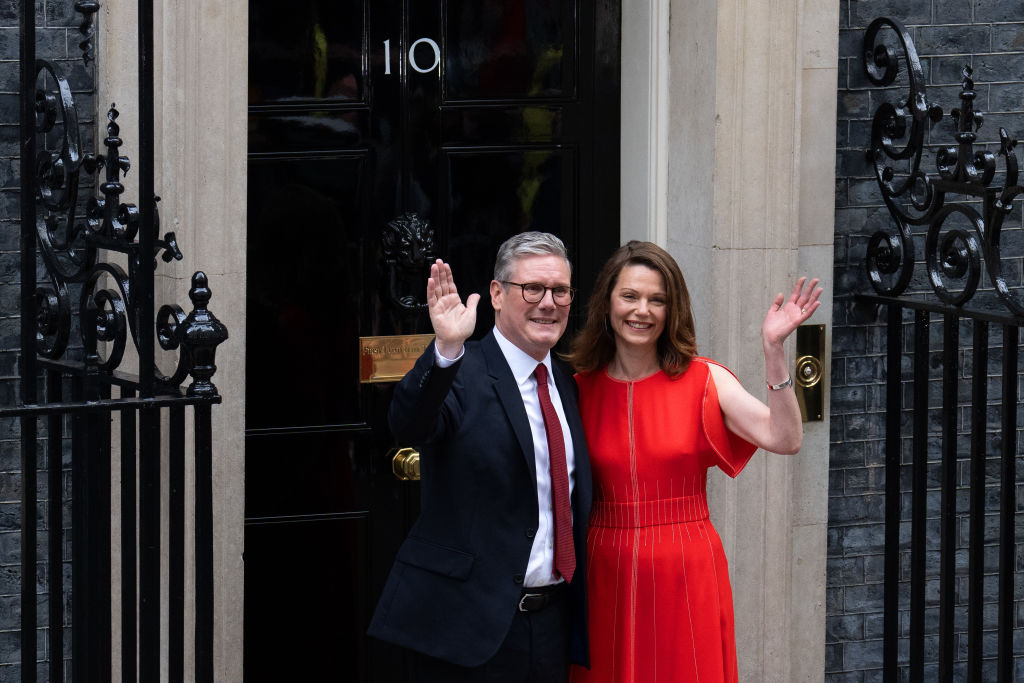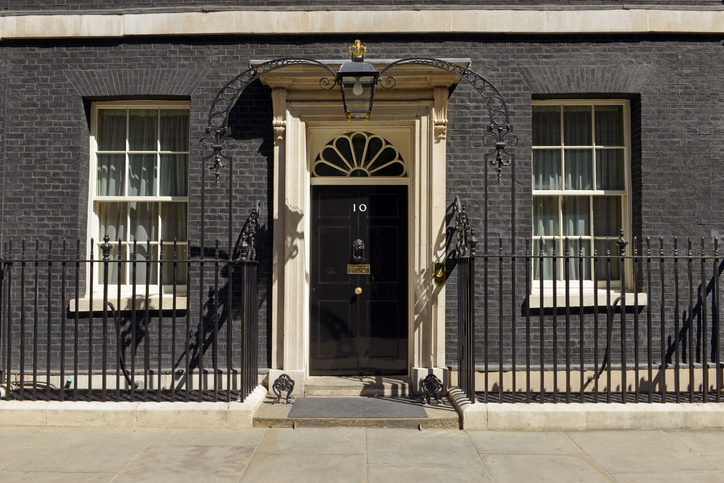When we’re asked to think of examples of good leaders, we often cast our minds to figures that were instrumental to significant changes in the world; people like Martin Luther King Jr. and Winston Churchill.
But try to identify what it is that makes these people the same and you might stumble. Because the truth is, there isn’t one right way to lead. Different characteristics in authority figures create different outcomes; the type of leader that might thrive in one environment could flounder in another.
Telephone answering experts CallCare, rounded up these characteristics and narrowed them down to four key types of leader;
The charismatic leader
History has looked pretty favourably upon charismatic leaders. Among their ranks are plenty of people who have genuinely changed the world for good and have become very famous in doing so; their excellent communication skills makes them fantastic public speakers.
Typical character traits:
They’re inspiring — charismatic leaders are unrivalled when it comes to inspiring their employees. They’re able to connect with people quickly on a personal level in a way that boosts morale and makes staff want to work that little bit harder.
They’re great communicators — it’s no coincidence that charismatic leaders end up taking to the world stage. They’re able to communicate a clear vision and engage with a large audience, which often makes them influential in their field.
They bring a sense of mission — organisations run by charismatic leaders work towards a shared goal and are allowed to take the initiative to do so, which can be especially fulfilling for certain personality types.
Charismatic leaders you may know:
Winston Churchill
Martin Luther King Jr.
Sir Richard Branson
The collaborative leader
Collaborative leaders are real team players. They’re great at making others feel valued by being excellent listeners, and they’re less traditionally authoritative than other leader types.
Typical character traits:
They share the credit — collaborative leaders don’t just collaborate: they make sure people get recognised for their ideas. This helps boost employee morale and makes staff more willing to share their ideas.
They manage tensions — being great listeners means that collaborative leaders often hear about employee frustrations before they become a problem, allowing them to increase staff retention.
They get different groups talking — by acting as mediators between different departments, collaborative leaders help improve communication throughout their institutions to get projects done to a higher standard.
Collaborative leaders you may know:
Sheryl Sandberg
Abraham Lincoln
Jeff Bezos
The calculated leader
Calculated leaders are all about the numbers. They’re great at using empirical evidence to make smart choices for the future of their institution.
Typical character traits:
They work hard — calculated leaders are obsessed with getting it right, and put in plenty of elbow grease to reach the best conclusion. This can win over employees who respect a boss that can walk the walk.
They’re not prone to making rash decisions — calculated leaders don’t make a call based on a whim, meaning they’re less likely to miss things that could hurt their business if forgotten about.
They’re process-driven — implementing effective processes to make their company a well-oiled machine is important to a calculated leader. This helps employees produce a lot of high-standard work in a short space of time.
Calculated leaders you may know:
Warren Buffet
Mary Barra
Mark Zuckerberg
The no-compromise leader
Like charismatic leaders, no-compromise leaders often become renowned figures in their industries thanks to their no-nonsense stance on otherwise complex issues.
Typical character traits:
They get things done — employees know exactly what a no-compromise leader wants, which makes it easy to prioritise what needs to be done and by when.
They’re confident — no-compromise leaders exude confidence, which can be reassuring and even inspiring to some personality types. This confidence also prevents them from being taken advantage of.
They make decisions quickly — by creating environments where clarity is prioritised over collaboration, no-compromise leaders can make decisions about new developments quickly, giving them the edge in making the most of a new opportunity.
No-compromise leaders you may know:
Lord Alan Sugar
Peter Jones
Steve Jobs
Speaking on the subject of leadership types, Gemma Harding’s from CallCare says, ‘In today’s diverse working culture, it’s more important than ever to understand how different types of leaders can be effective in their environments.
‘Identifying the kind of leader we are can help make us more aware of our own strengths and weaknesses so that we can better anticipate how to best tackle the obstacles that come our way.’
David Ingram, managing director of Bring Digital, comments, ‘It’s encouraging to see that there’s no ‘one-size-fits-all’ approach to good leadership. It’s useful for managers and CEOs in any business to understand how they work, so that they can be more intentional in making both themselves and their employees happy.’
Not sure yet what kind of leader you are? You can take our quiz here.





